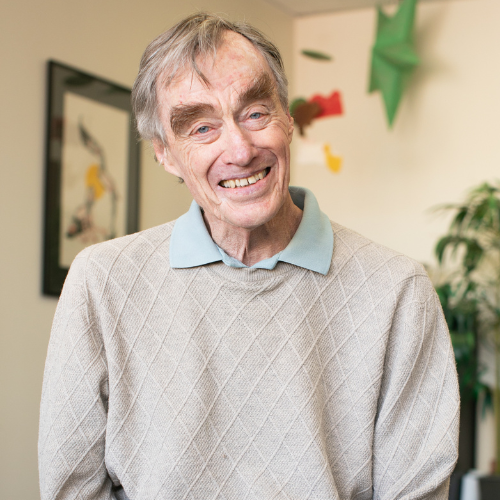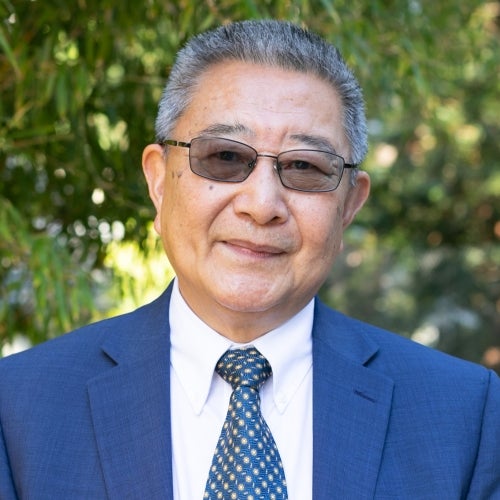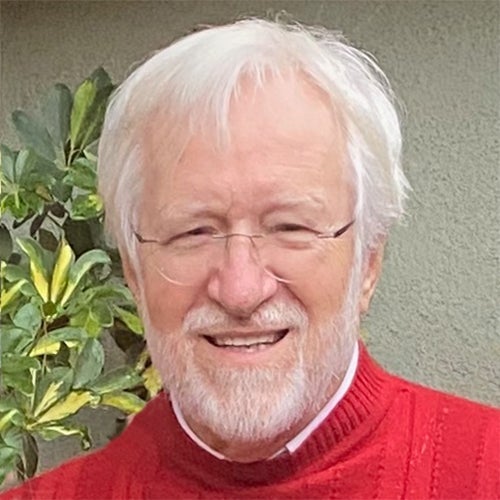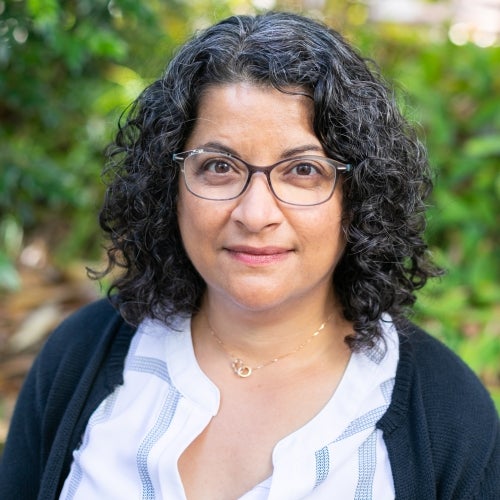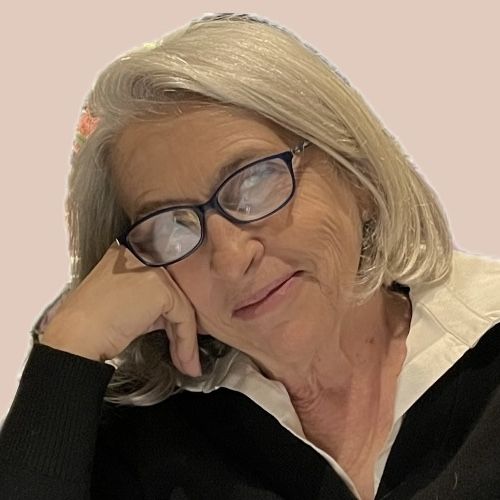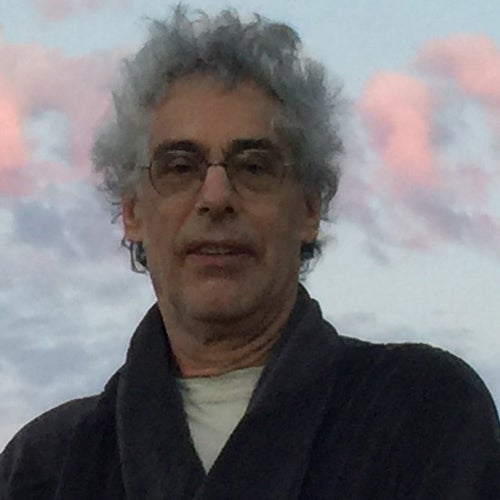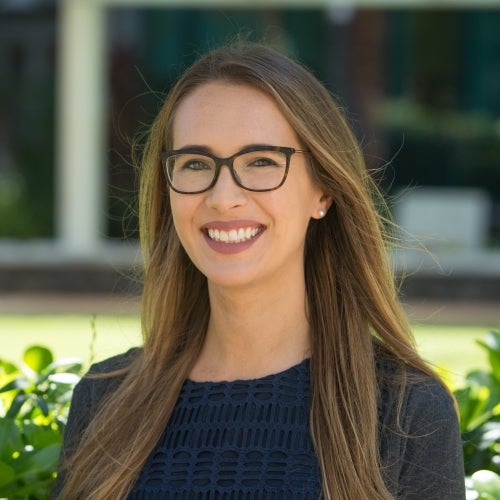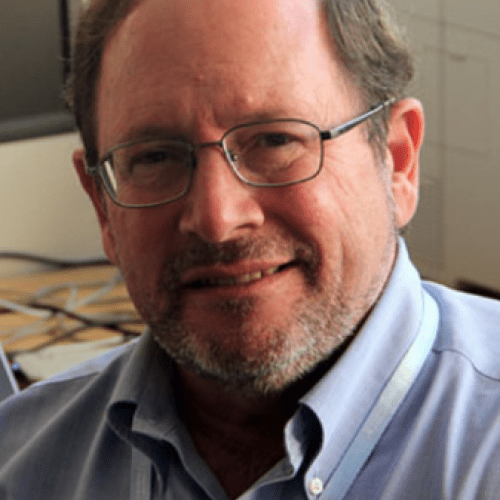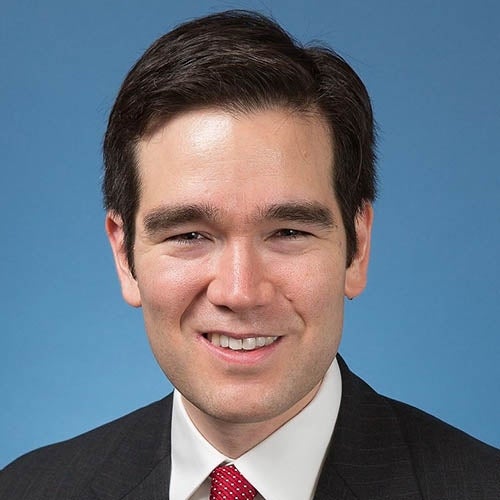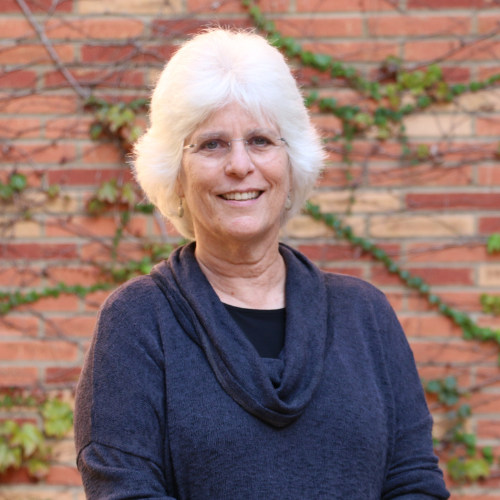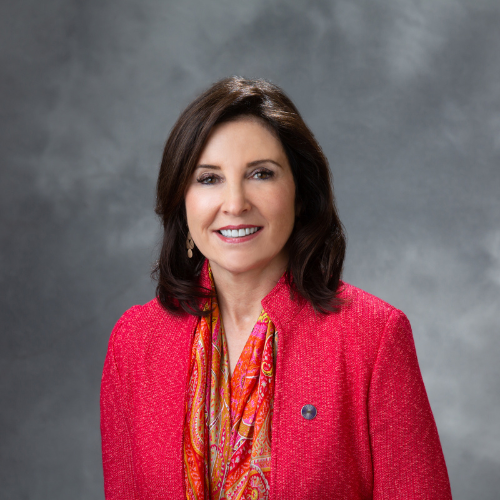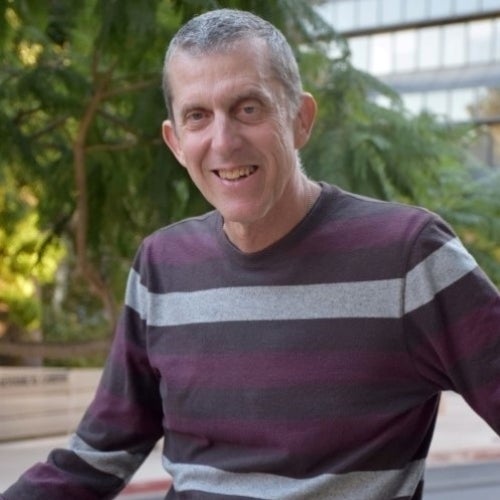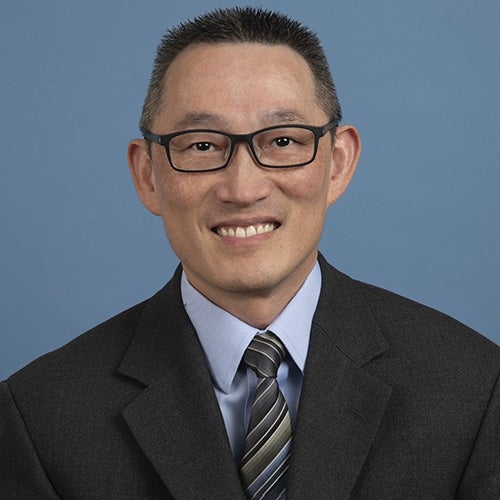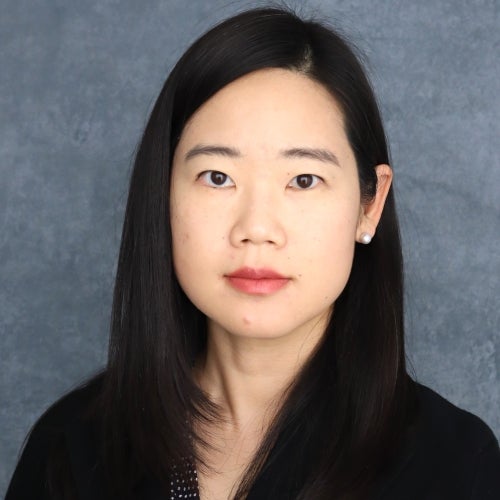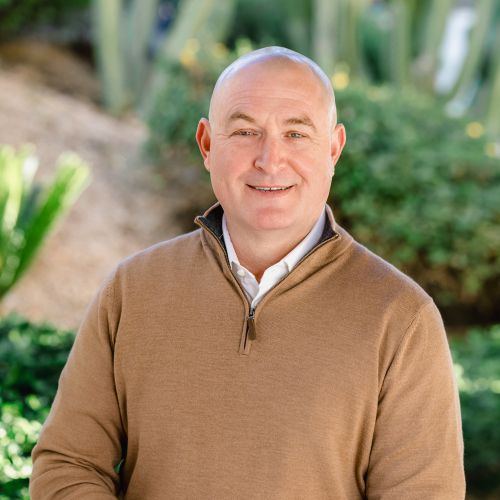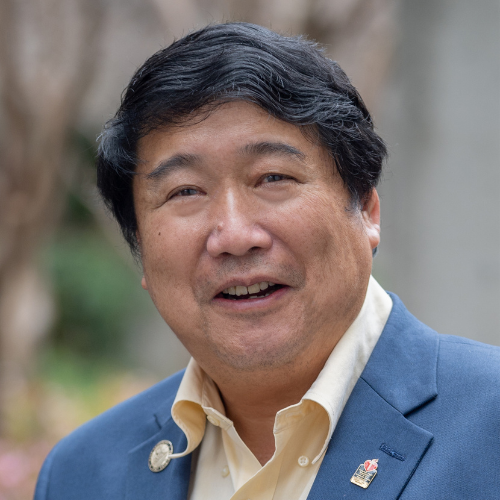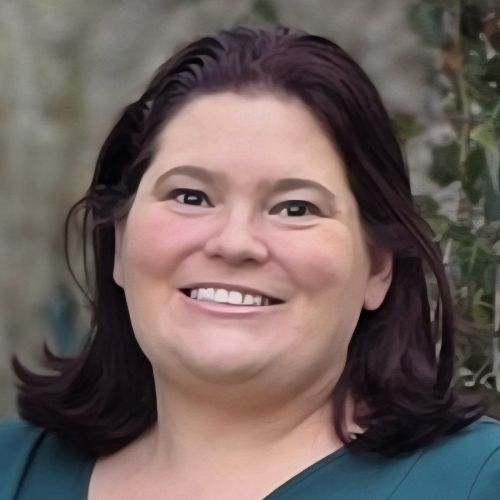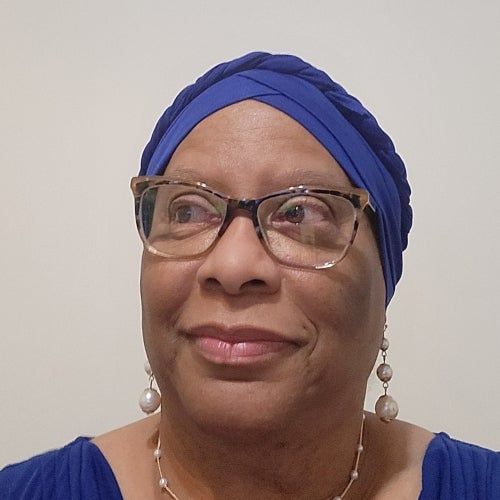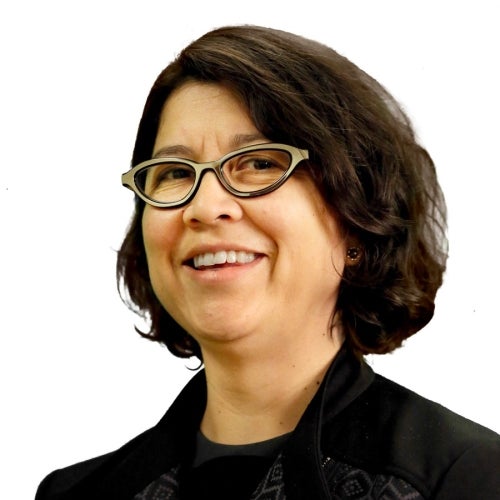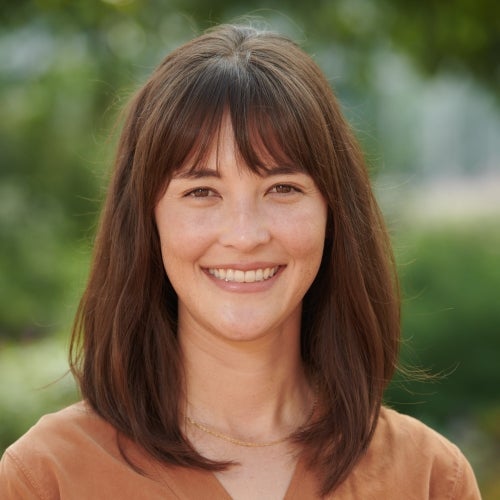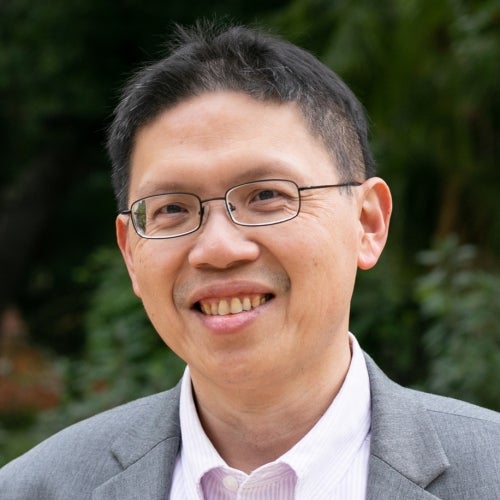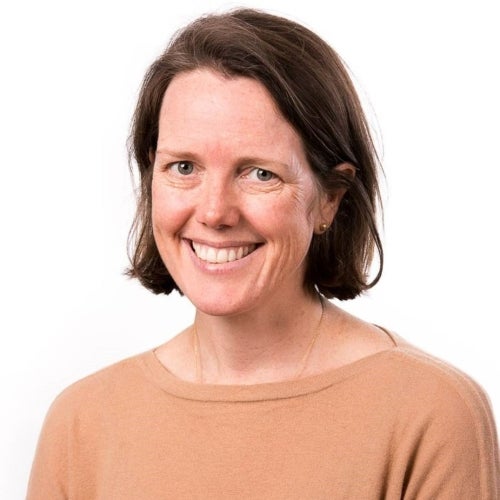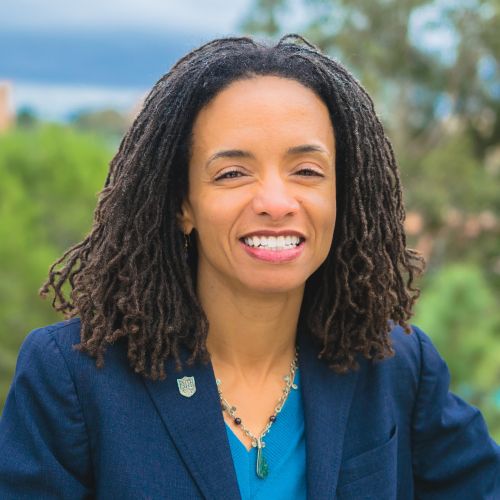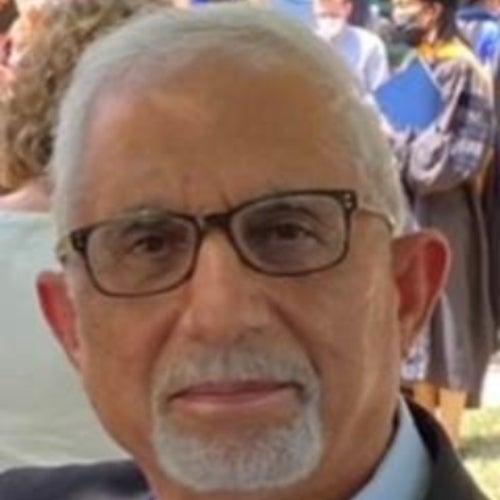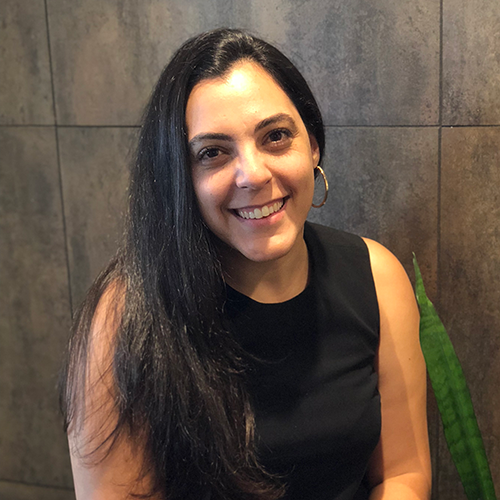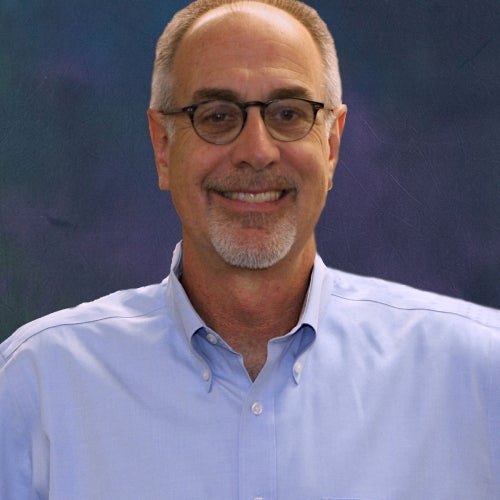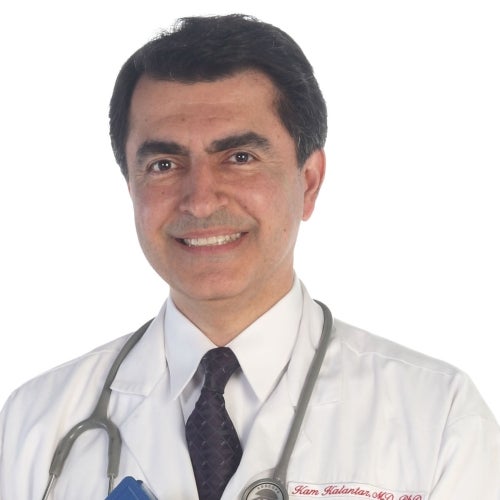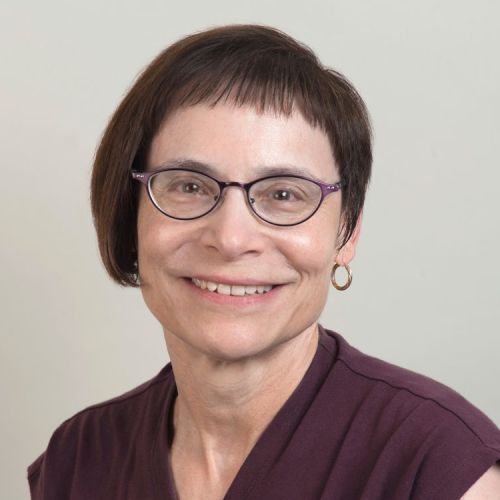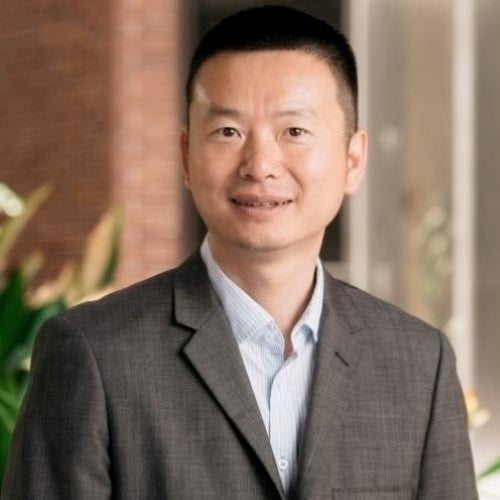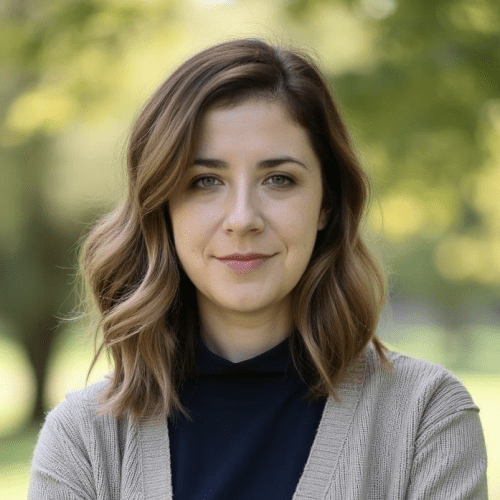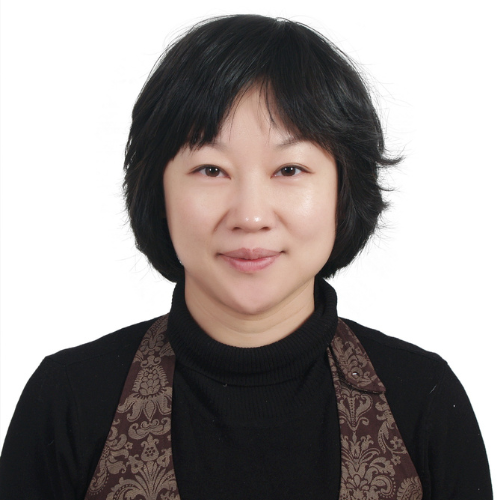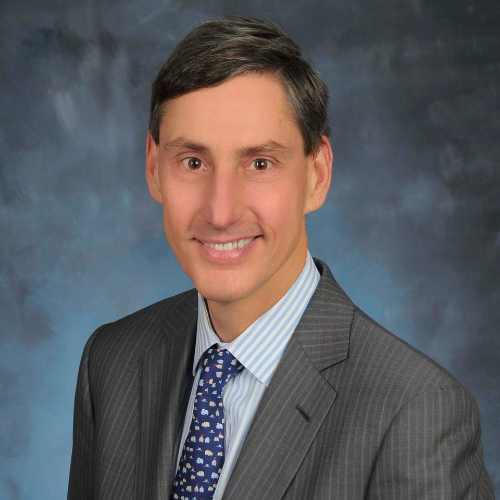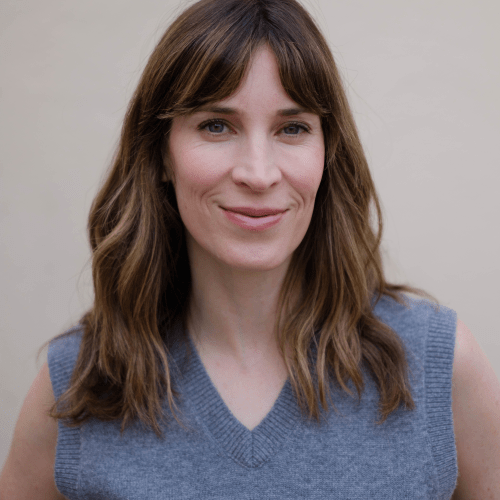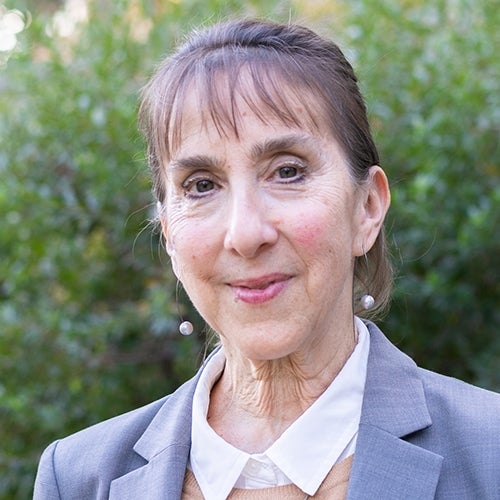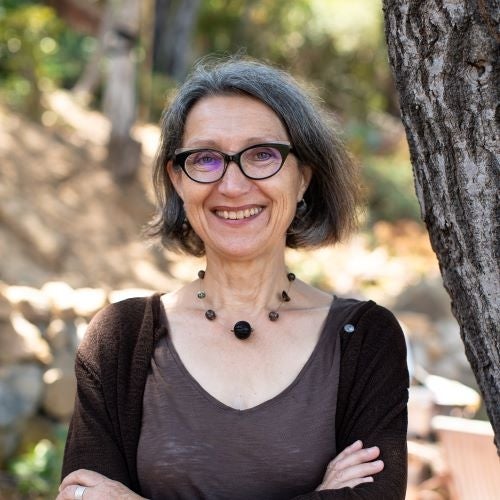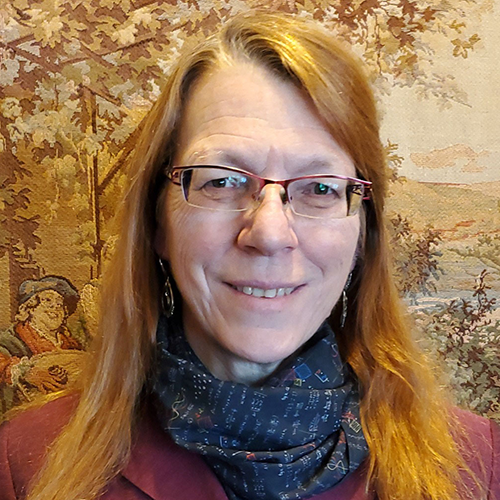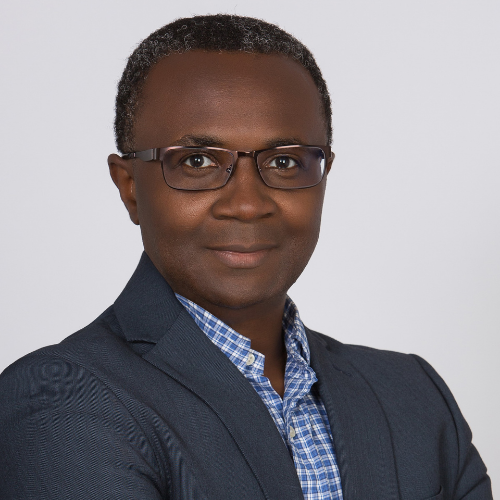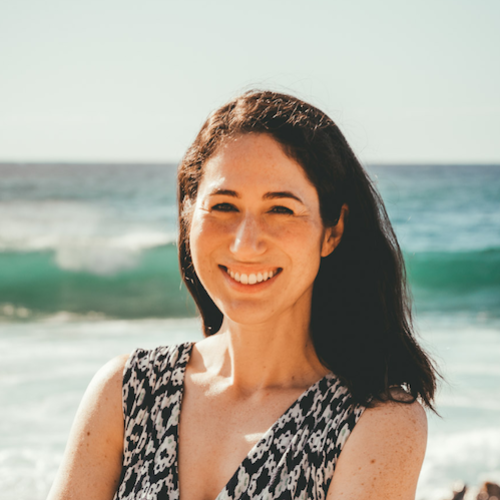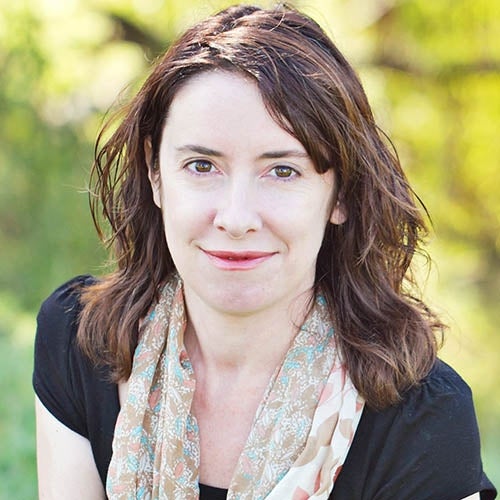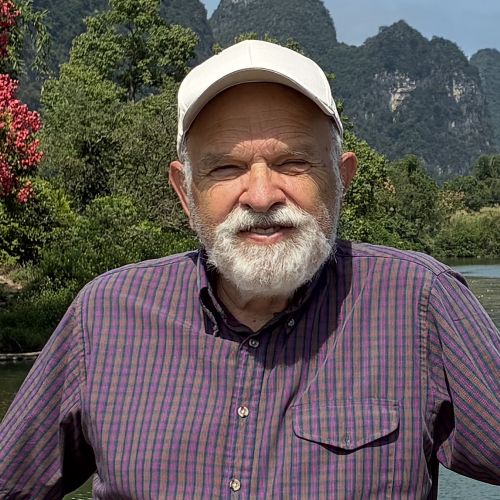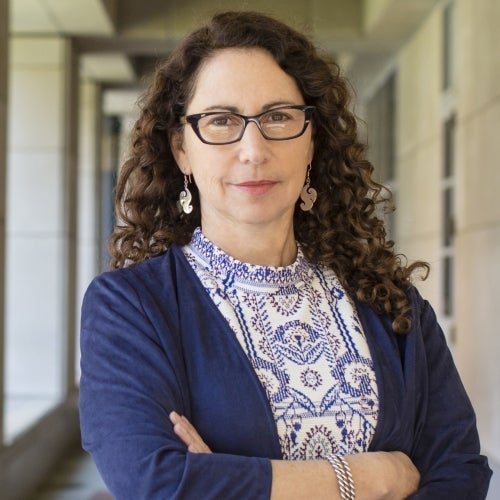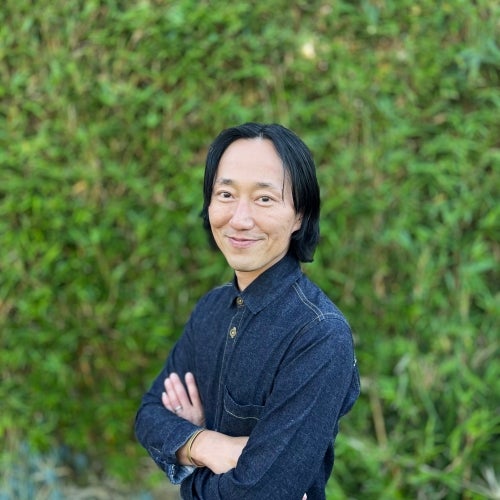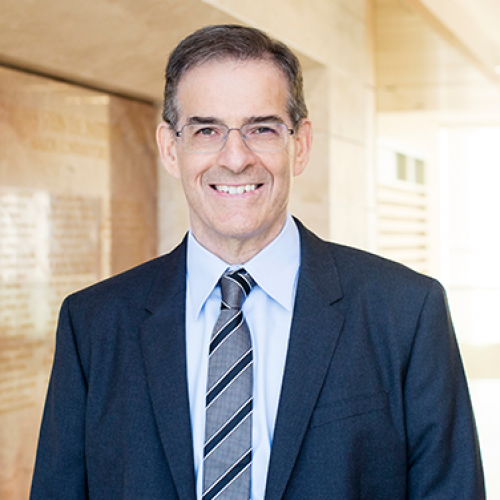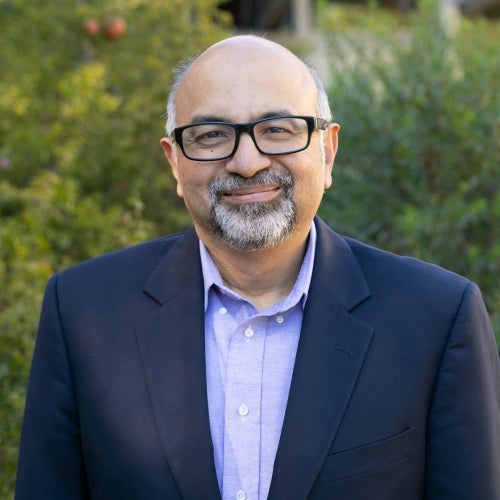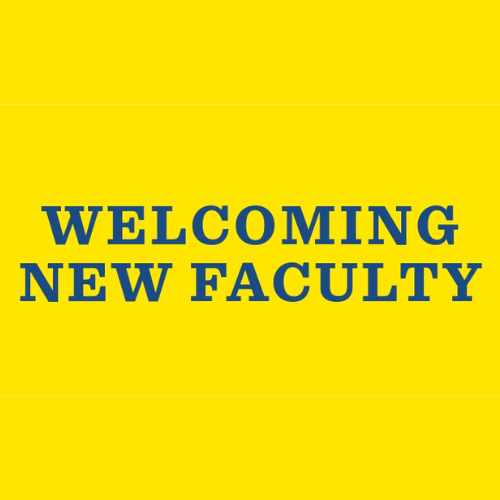UCLA Fielding School of Public Health establishes center to focus on the health, safety and well-being of LGBTQ community
The UCLA Center for LGBTQ Advocacy, Research & Health (C-LARAH) is directed by Matthew Mimiaga, professor of epidemiology.
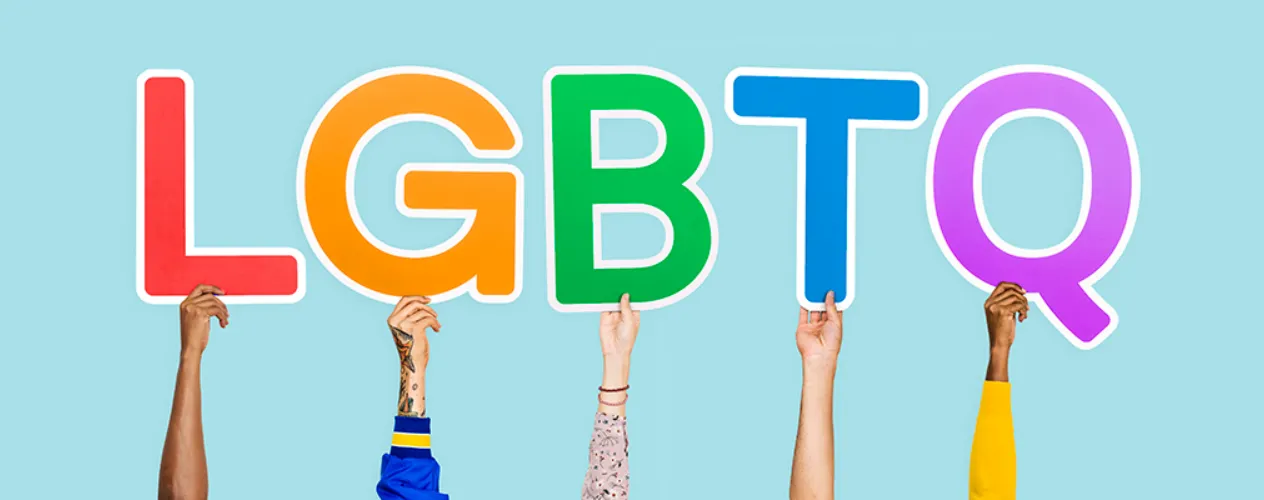
The UCLA Fielding School of Public Health has launched a new center to promote the health of sexual and gender minorities through research and partnerships with the LGBTQ community, community-based organizations, public health officials and policymakers in Los Angeles and beyond.
The UCLA Center for LGBTQ Advocacy, Research & Health, or C-LARAH, will develop and implement evidence-based strategies that address both the physical and mental health needs of LGBTQ individuals while working closely with local, national and global partners.
“Both here at home and around the world, LGBTQ populations have a higher prevalence and incidence of life-threatening physical conditions, mental health challenges, and certain chronic and infectious diseases, along with significant barriers in accessing and maintaining healthcare and treatment,” said the center’s director, Matthew Mimiaga, a professor of epidemiology widely known for his work with sexual and gender minorities. “C-LARAH and its partners will collaborate on research-informed ways to both reach members of this historically marginalized population and serve them holistically.”
C-LARAH — larah is derived from the Latin “hilaris,” meaning cheerful — will also provide training and mentorship opportunities for graduate students and postdoctoral fellows to support the growing demand for public health research that benefits vulnerable sexual and gender minorities.
The center’s plans include establishing a postdoctoral fellowship program and certificate program in LGBTQ health and awarding pilot funding to researchers so that they can generate initial data that can then be used in applications for larger government grants.
Mimiaga, who was recently recruited to the Fielding School from Brown University, has worked for years with LGBTQ populations at the intersection of HIV, substance use and mental health and conducts research projects that span countries in Asia, Africa, Latin America and Eastern Europe. He has developed and tested psychosocial treatments for substance use disorder, as well as biobehavioral interventions aimed at decreasing HIV infection and transmission by encouraging the use of recommended antiretroviral medications.
Mimiaga also has close ties to leading LGBTQ organizations in Los Angeles and nationwide, and with Los Angeles being home of one of the world’s largest LGBTQ populations, C-LARAH is particularly well situated to join forces with a slew of highly regarded local organizations that serve and advocate for sexual and gender minorities.
One of those, The Trevor Project, a nonprofit which provides suicide prevention and crisis intervention services for LGBTQ youth, welcomes the advocacy resources and interdisciplinary health research expertise C-LARAH will bring to the LGBTQ community — both locally and beyond.
“I’m excited for the UCLA Center for LGBTQ Advocacy, Research & Health to open its doors and help shape policies that directly impact the lives of LGBTQ young people,” said the organization’s CEO and executive director Amit Paley. “Limited LGBTQ-inclusive research, plus the lack of systematic data collection on LGBTQ communities, can make it even more difficult to address the unique mental health challenges of LGBTQ youth and the obstacles to care that they face.
“The Trevor Project recognizes a clear need for greater investment in advocacy and research that can better inform public policies that support the needs of LGBTQ youth. We look forward to working with the center to educate policymakers, advocate for LGBTQ youth, and provide unique insight into their mental health.”
In addition to the physical and mental health challenges they face, sexual and gender minorities are at greater risk of violence, victimization, discrimination and other substantial threats to their quality of life, making the new center’s holistic approach all the more important, according to Fielding School Dean Ron Brookmeyer.
“For reasons that include historic and continuing discrimination and stigma, the LGBTQ population experiences unacceptable — and in many cases preventable — disparities in their physical and mental health compared with the overall population,” Brookmeyer said. “The UCLA Center for LGBTQ Advocacy, Research & Health will provide much-needed research, training, and policy support that can contribute to reducing or eliminating these disparities.”
Mimiaga, who previously held faculty appointments at Brown and Harvard universities, has authored more than 350 peer-reviewed scientific journal articles, book chapters and commentaries in the area of HIV prevention and sexual and gender minority health. He has had a 20-year research partnership and is currently an affiliated senior research scientist with The Fenway Institute in Boston, an interdisciplinary center for research, education, training and policy development to optimize health for sexual and gender minorities and those affected by HIV.
At UCLA, he will also contribute to the Multicenter AIDS Cohort Study, or MACS. Dr. Roger Detels, principal investigator of MACS and a distinguished professor of epidemiology at the Fielding School, has directed the study at UCLA since 1984. Since that time, more than 7,000 gay and bisexual men have been enrolled in the study, which has produced seminal findings on the epidemic.
The UCLA Fielding School of Public Health, founded in 1961, is dedicated to enhancing the public's health by conducting innovative research, training future leaders and health professionals from diverse backgrounds, translating research into policy and practice, and serving our local communities and the communities of the nation and the world. The school has 631 students from 26 nations engaged in carrying out the vision of building healthy futures in greater Los Angeles, California, the nation and the world.
Faculty Referenced by this Article
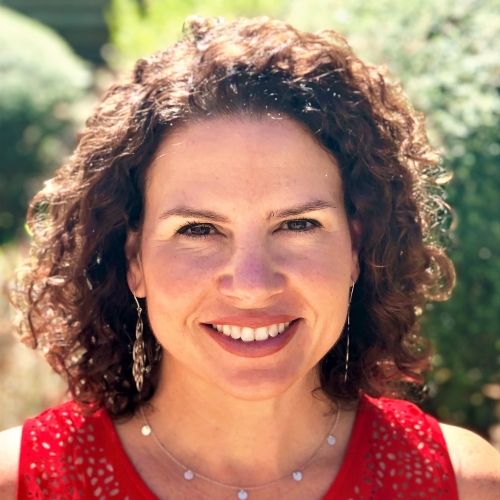
Dr. Joseph Davey is an infectious disease epidemiologist with over 20 years' experience leading research on HIV/STI services for women and children.

Robert J. Kim-Farley, MD, MPH, is a Professor-in-Residence with joint appointments in the Departments of Epidemiology and Community Health Sciences
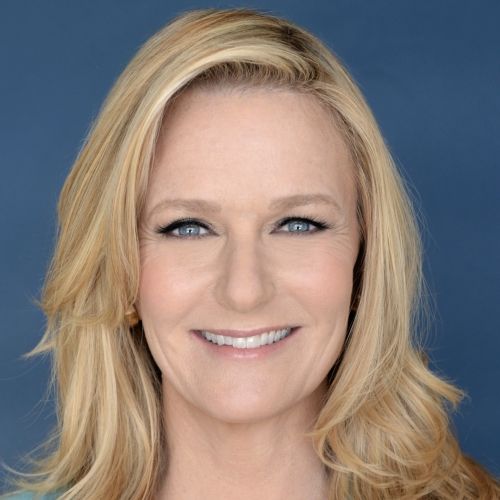
Dr. Anne Rimoin is a Professor of Epidemiology and holds the Gordon–Levin Endowed Chair in Infectious Diseases and Public Health.

